What Ocean Ramsey Wants You To Know About Sharks And Their Role In Our Oceans
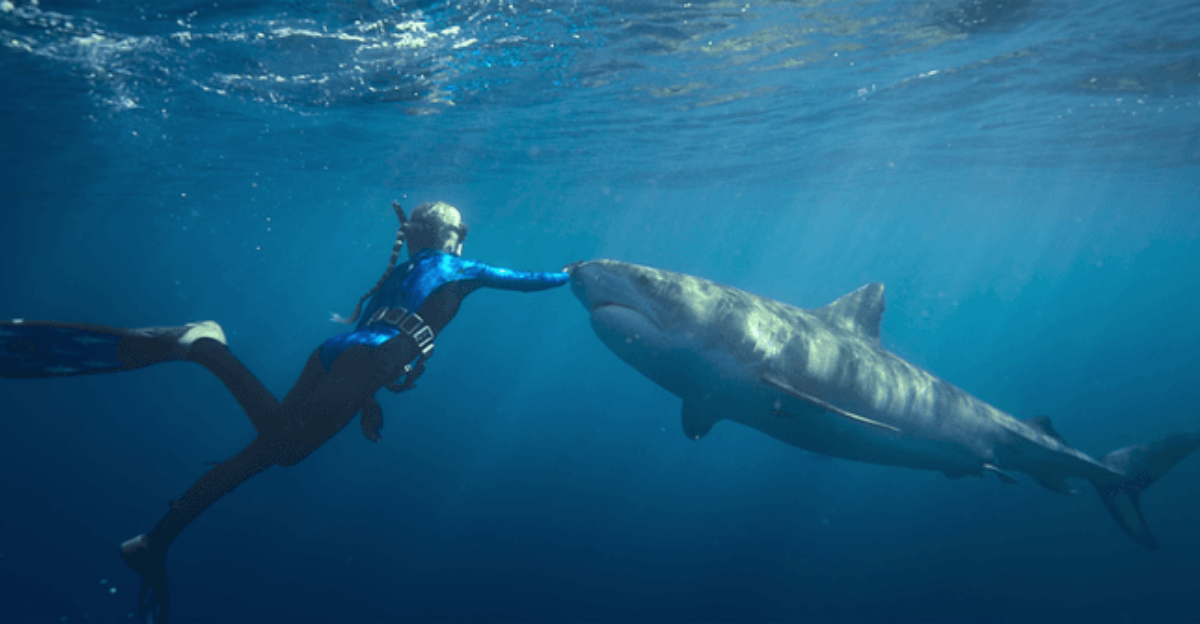
Ocean Ramsey, a marine biologist and conservationist, swims with sharks to show the world these creatures aren’t the monsters we think they are.
Through her work, she’s discovered amazing truths about sharks that most people never hear about. Her mission is to transform fear into understanding, helping us see why sharks matter so much to our oceans and planet.
1. Sharks Aren’t Mindless Monsters
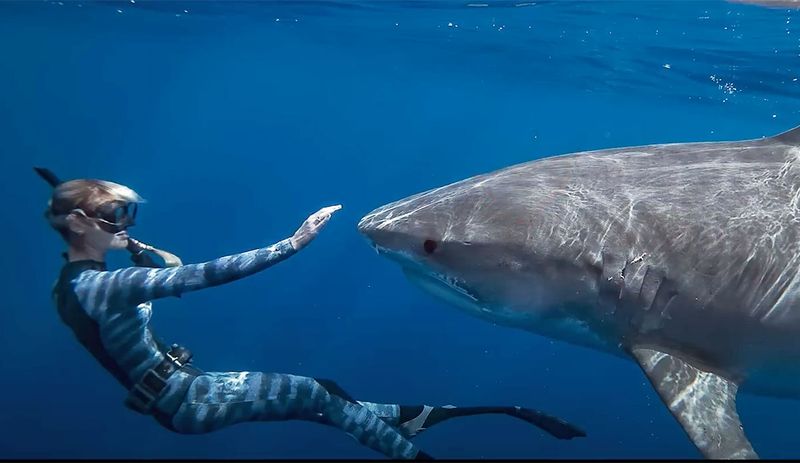
Movies like Jaws painted sharks as bloodthirsty beasts, but reality tells a different story. Ocean Ramsey regularly free-dives with these magnificent creatures without cages or protection.
Her close encounters reveal sharks as cautious, intelligent animals that aren’t interested in humans as food. They’re simply wild predators doing their ecological job – not the villains Hollywood created.
2. You’re More Likely To Win The Lottery Than Be Attacked
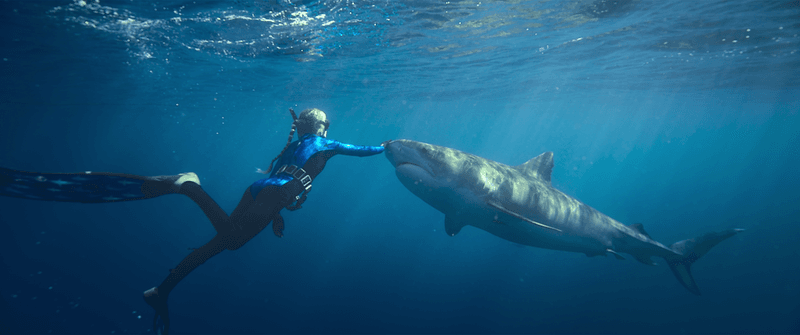
Fear not the fin! Fewer than ten people worldwide die from shark encounters annually, while millions swim in oceans every day. The math speaks for itself.
Most so-called ‘attacks’ are actually cases of mistaken identity – a shark confusing a surfer’s silhouette for a seal. When you consider the millions of shark-human interactions that happen without incident, the risk becomes laughably small.
3. Humans Kill 11,000 Sharks Every Hour
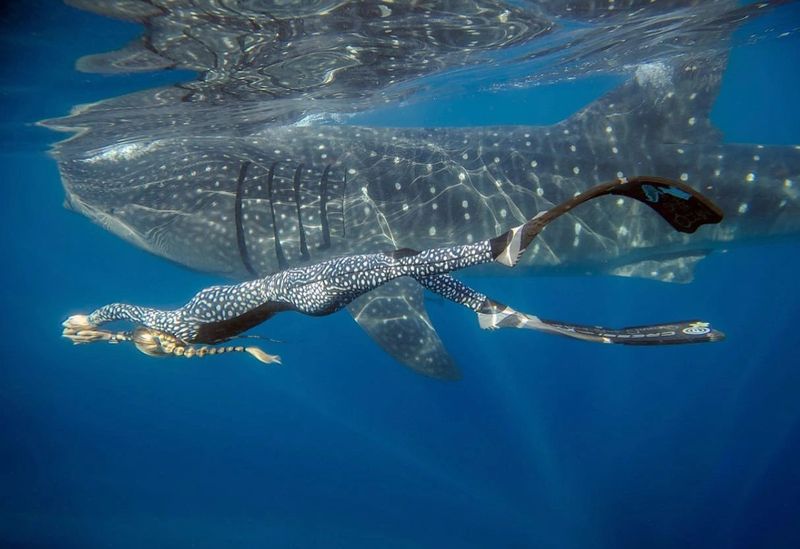
While we fear sharks, they should fear us more. Humans slaughter an estimated 70-100 million sharks annually – roughly 11,000 every single hour!
This mass killing happens through commercial fishing, shark finning, and accidental bycatch. Compare that to the handful of human fatalities from sharks each year, and you’ll see who the real predator is in this relationship.
4. Oceans Need Their White Blood Cells
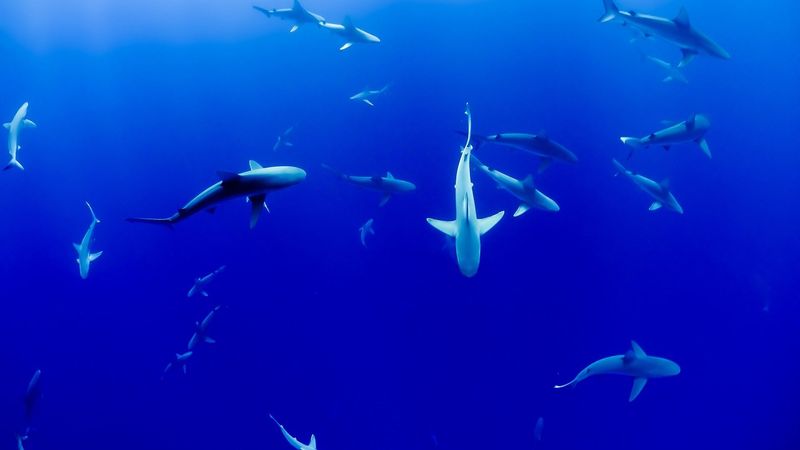
Ramsey calls sharks the “white blood cells of the sea” for good reason. As apex predators, they maintain balance by removing weak and sick animals from the ecosystem.
Without sharks, disease spreads more easily among marine populations. Fish numbers explode unchecked, destroying coral reefs and seagrass beds. The ripple effects touch everything from water quality to fishing industries that feed millions of people.
5. These Ancient Survivors Outsmart Modern Technology
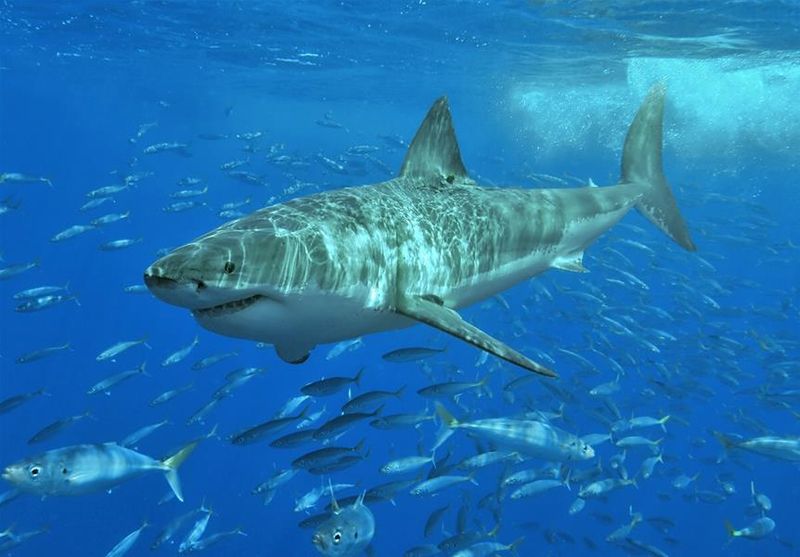
Sharks swam Earth’s oceans before dinosaurs roamed the land – even before trees existed! Their 450-million-year evolutionary journey has created remarkably intelligent hunters.
They possess senses humans can barely comprehend, like detecting electric fields from a fish’s heartbeat. Ocean has witnessed sharks problem-solving and adapting strategies on the fly. Far from mindless eating machines, they’re sophisticated predators with remarkable cognitive abilities.
6. Living Sharks Boost Local Economies
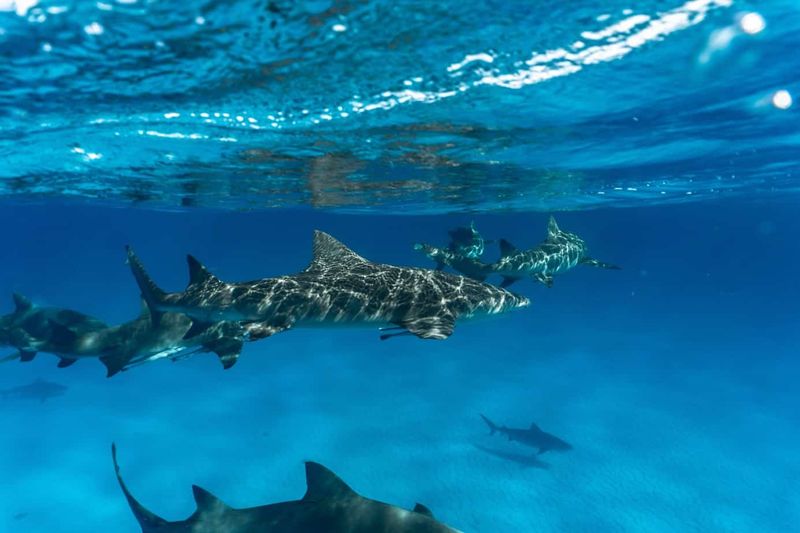
Money talks, and living sharks speak volumes for coastal communities. A single reef shark generates about $2 million in tourism revenue during its lifetime.
Shark ecotourism creates sustainable jobs for dive operators, boat captains, hotels, and restaurants. Communities that protect their sharks, like Palau and parts of the Bahamas, enjoy thriving marine ecosystems and tourism industries that far outweigh one-time profits from shark fishing.
7. Status Symbol Soup Threatens Species Survival
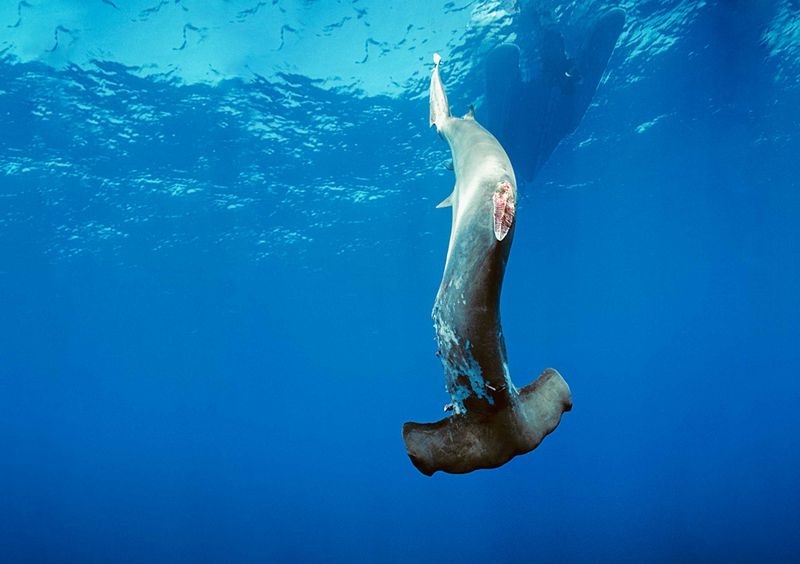
A bowl of gelatinous, flavorless shark fin soup can sell for $100 in luxury restaurants. The status symbol drives a gruesome practice where fishermen slice fins from live sharks, then toss the animals back to drown.
The cruel irony? Shark fins contain dangerous levels of mercury and other toxins. People literally poison themselves to impress dinner guests, while pushing numerous shark species toward extinction for a dish that offers no nutritional value.
8. Killing Sharks After Attacks Backfires Completely
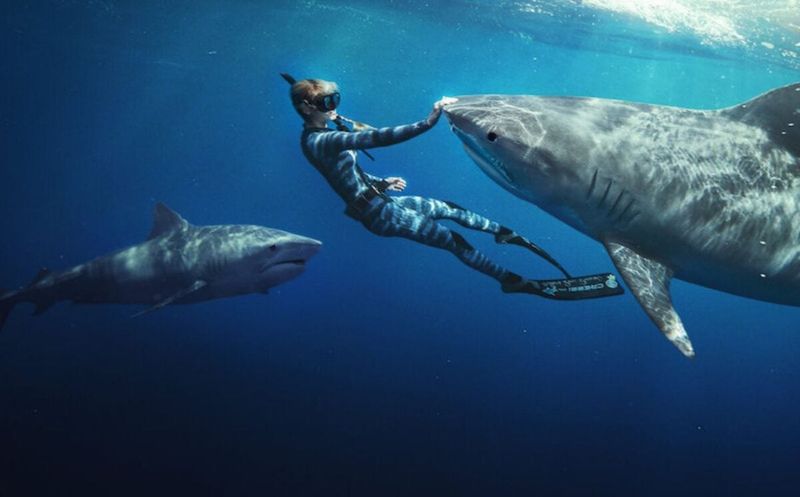
Shark culls after rare incidents represent fear-based policy at its worst. Random killing of sharks in an area rarely removes the specific animal involved in an encounter.
Worse still, removing apex predators creates ecological chaos. The practice disrupts marine food webs and often draws more sharks to the area as they detect dead sharks. Ramsey calls culling “shooting yourself in the foot” – destroying ocean health without improving safety.
9. Your Energy Speaks Volumes Underwater
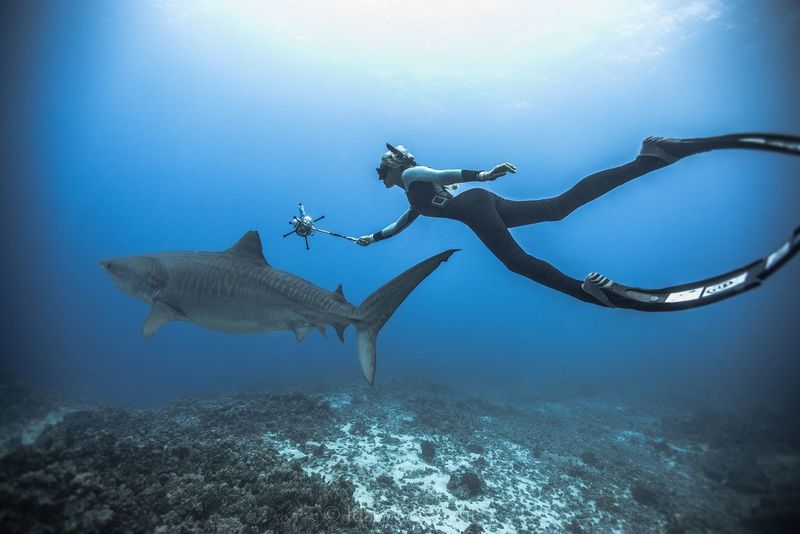
Splashing frantically signals “injured prey” in shark language. Ocean’s top safety tip? Keep your cool.
Sharks detect subtle electrical changes in your heartbeat and muscle movements. They sense fear through your body language and erratic swimming. Calm, deliberate movements make you boring to sharks – exactly what you want to be! Most sharks are naturally cautious and will avoid humans who don’t act like prey.
10. Silent Conversations Beneath The Waves
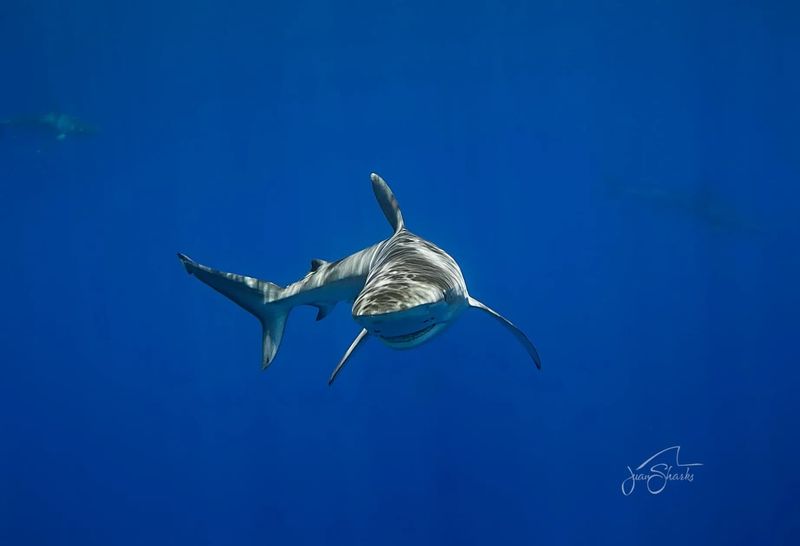
Years of observation taught Ocean to read shark body language like a book. Arched backs, lowered pectoral fins, and puffed gills all communicate different shark moods.
These silent signals form a complex underwater dialogue. Recognizing when a shark feels threatened versus curious can mean the difference between a peaceful encounter and a defensive response. Ocean’s ability to interpret these cues allows her to navigate shark interactions safely.
11. Horse Whispering Skills Transfer To Shark Encounters
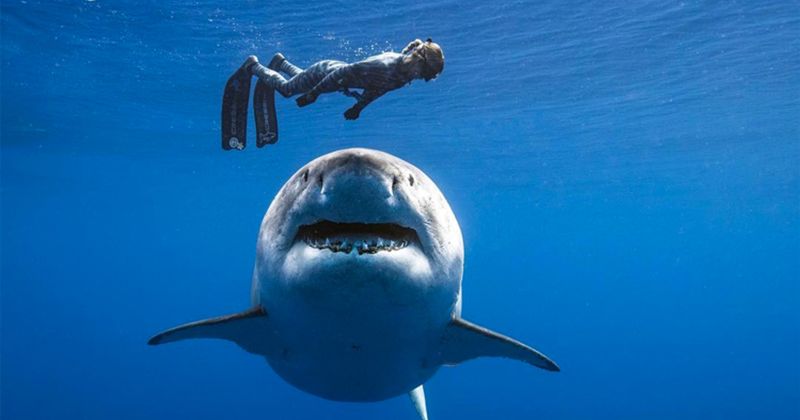
Surprisingly, Ocean honed her shark-handling techniques on dry land – with horses! These powerful land mammals taught her invaluable lessons about reading body language and managing large animals through gentle redirection.
Both horses and sharks respond to energy and tension. They can’t be controlled by force, only guided through understanding. This unique cross-species training helped Ocean develop her signature technique of gently redirecting approaching sharks by placing a hand on their head.
12. Predators By Nature, Essential By Design
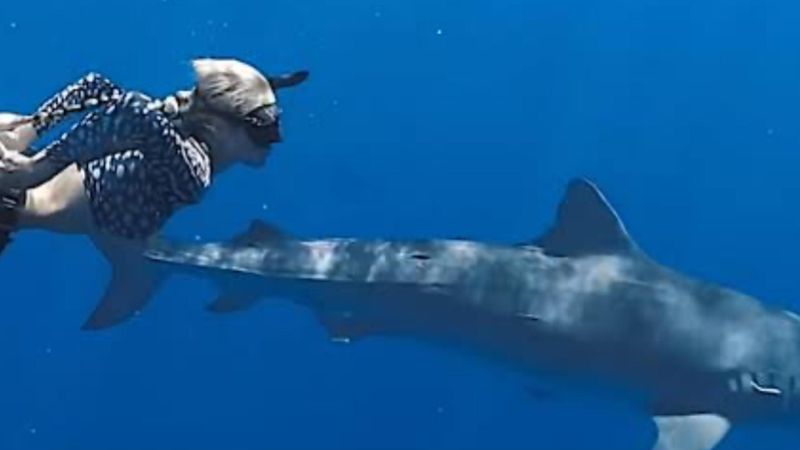
Ocean emphasizes a crucial truth: sharks aren’t monsters, but they are predators – and that’s exactly what oceans need them to be. Their role maintains the entire marine ecosystem’s health.
Rather than fearing their predatory nature, we should respect it. Understanding shark behavior allows humans to coexist safely with these necessary hunters. Ocean’s work proves daily that respect, not fear, creates the foundation for sharing our oceans with these vital creatures.
13. Everyone Has Power To Protect Sharks
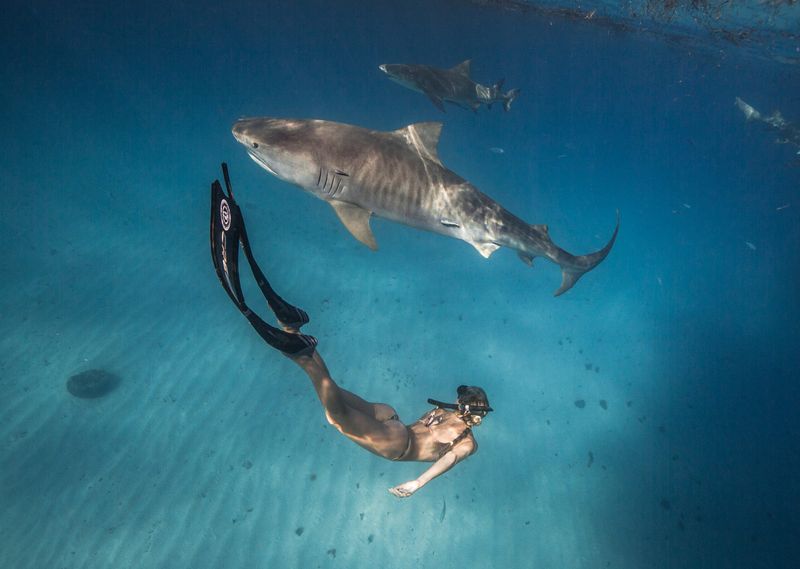
Not everyone can swim with sharks like Ocean, but we all have tools to help save them. Simple choices make real differences – skipping shark-derived products, supporting marine protected areas, or sharing accurate shark information.
Beach cleanups prevent trash from harming marine life. Sustainable seafood choices reduce shark bycatch. Even voting for ocean-friendly policies matters. As Ocean says, “Everyone has diverse talents, and by working together we can make positive change happen faster.”






